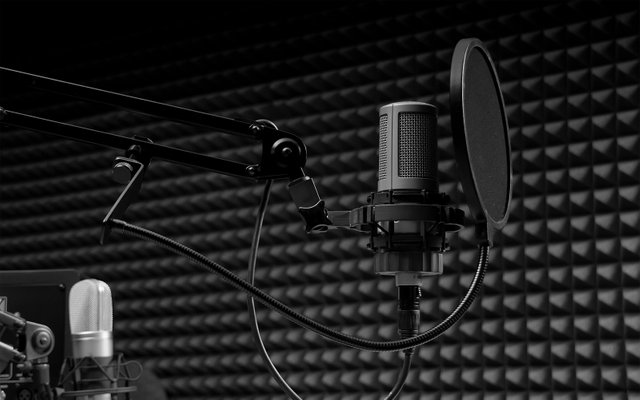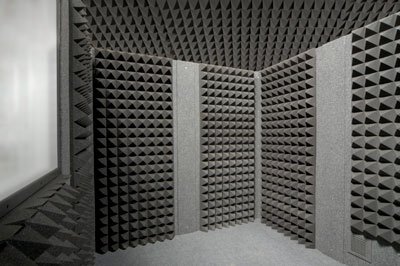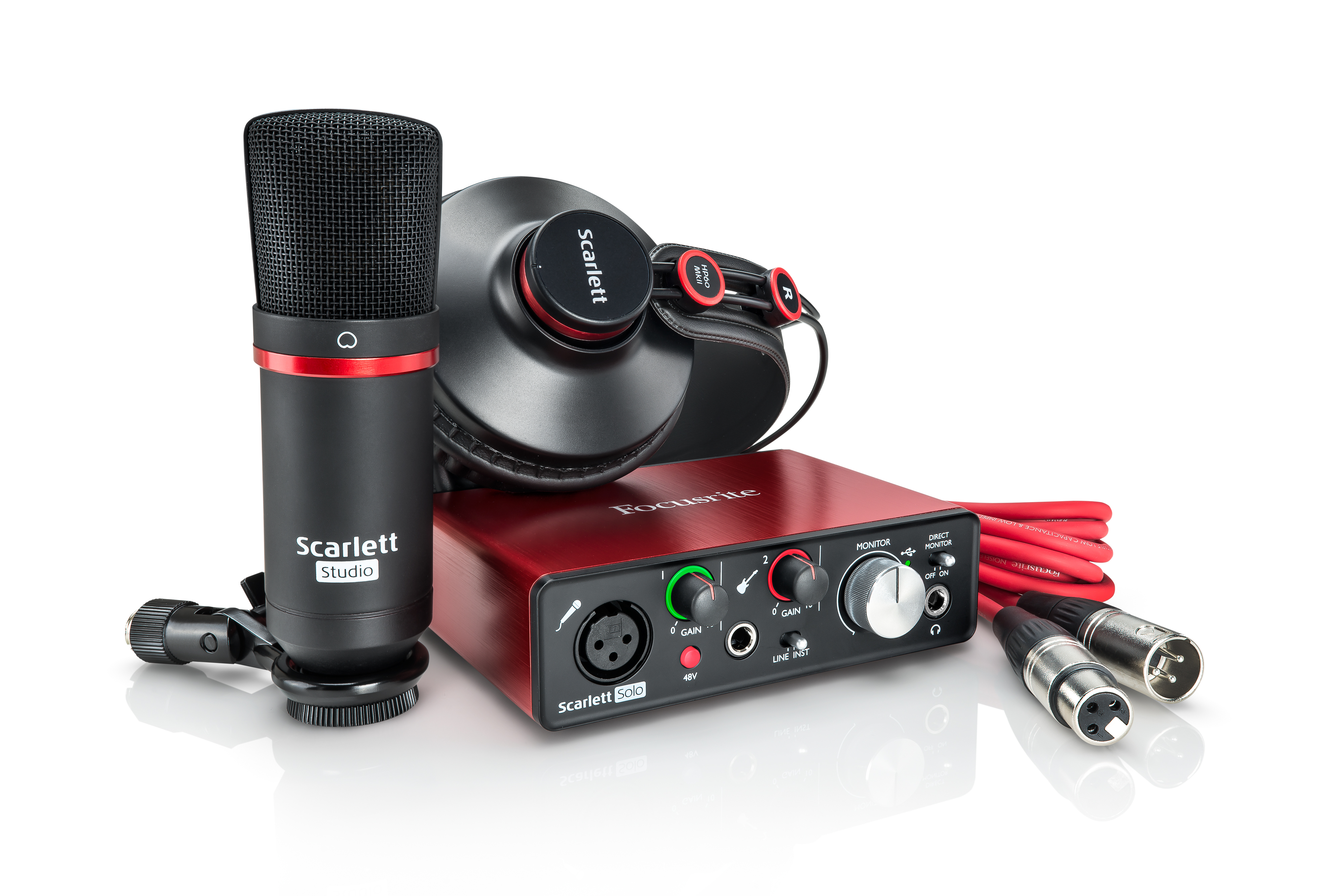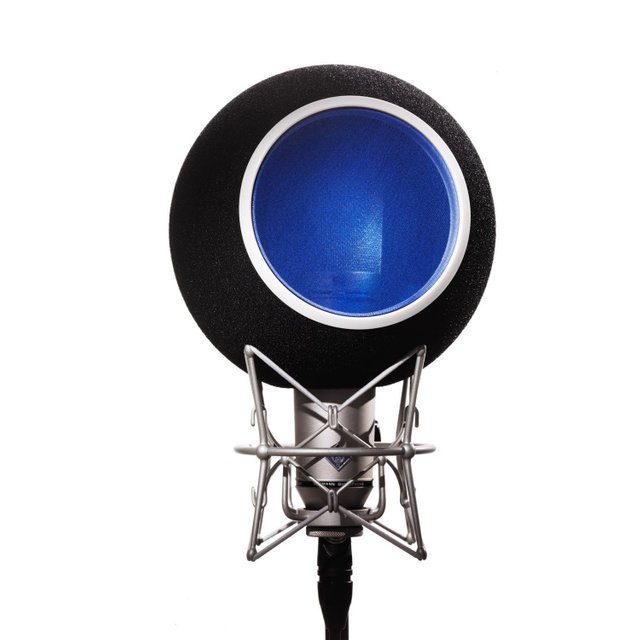A tip for the recording vocalist on a low budget

I've had the chance to record many artists in many different small studios and I can definitely agree that today there is an abundance of new recording artists that desire to create as much great music as possible. Unfortunately recording music costs money. To save money we go to lesser known studios owned by average joes to get the best price per hour we can find. Depending on how passionate you are about creating musical masterpieces, the songs we make at these cheap studios can still add up to thousands of dollars in just recording costs alone. With a majority of lesser known studios charging more than $30/hour, that doesn't leave much money in the pockets of the budget recording artist for marketing, artwork, mastering or other factors that are key to success in the music business (let's save that for another article).
 Photo courtesy of TappaProductions.com
Photo courtesy of TappaProductions.com
Some of us go to a studio because we do not have the ability to record ourselves due to lack of knowledge of a recording program and lack of time to learn the tricks of the trade. Some of us go to get that "industry quality" sound for our music. Neither is a bad reason to go to a recording studio, but both can lead to paying too much over time if you are on a strict budget for recording (yet alone pushing your music). The problem is, none of us NEED to do either. We can get an industry quality sound right at home and through the power of the internet, we can also learn almost every trick up a recording engineer's sleeve ourselves. Therefore, I will dig in to why it is a great idea to save your money and invest in equipment for yourself.
The main reason why most will go to a studio is because they can't navigate or manipulate recording programs themselves. Fortunately, we live in the information age. A simple YouTube or Google search will steer you in the direction of many different kind souls who have taken their time out to spread certain aspects of their expertise onto anyone who shares the same interests. Each one of those kind souls has a unique style of teaching so it's essential to find someone who caters to your way of learning. After a few different tutorials, you will be proficient enough in the art of recording to get out here and create some musical masterpieces!
The second reason is to get that "industry sound" out of your recordings. Wanting a high quality is not a bad thing but it can turn into a problem if you don't understand what actually makes a good studio or an "industry sound". Let's briefly talk about what makes a great studio and what makes the "industry sound".
Obviously, since it's in a building and the booth is separate from the control room (the room with the computer), it must be able to produce an industry ready sound, right? Wrong. Essentially, the main thing that makes a great sounding recording studio is their recording environment. The ideal setup would be a booth with enough absorption to keep frequencies from bouncing off the walls which can cancel frequencies out and color the original signal going into the mic (which can be very undesirable in mixing). A $10,000 mic won't make your vocals sound good if your room has reflections that cause the original sound of the mic to be changed. Whereas a $100 microphone in a treated booth will sound subjectively BETTER than the $10,000 mic simply because you're hearing the raw sound of your voice NOT room reverb. Recording at a studio with untreated rooms is pretty much like recording in your bedroom (or even worse; the BATHROOM, if there's NO treatment in the booth) and expensive mics will only marginally make it sound better.
 The foam on the wall isn't there for show. Photo Courtesy of VocalBooth.com
The foam on the wall isn't there for show. Photo Courtesy of VocalBooth.com
When it comes to that "industry sound", some recording artists believe that it's strictly the works of a mix engineer that makes any and all recordings sound golden. That is simply not true. The way the tracks are recorded and laid out are another key aspect of that industry sound. While a mix engineer can make a good recorded track sound GREAT, we cannot polish turds. Once a recording is bad, it's bad. No amount of mixing can fix things like major timing issues, key and pitch issues, proximity (how close or far you are from the mic), phase issues, room reverb, nor distortion. We can try our hardest to sweeten them, but you will most likely still hear those problematic artifacts after mixdown. With that being said, the way tracks are recorded and the amount of acoustic padding in the recording space are far more important than what equipment they were recorded on.
Budget recording artist can't afford to treat their rooms, yet alone buy $1,000+ mics like the ones big artists use. Luckily thanks to Focusrite and Kaotica, we can get a great sound on a budget in the comfort of our homes (or cars if that's the only quiet space you have to record in). Focusrite has a recording bundle including a mic, interface and a pair of headphones for $249 BRAND NEW (Figure 1)! The Kaotica Eyeball, which is another $200, is great tool for home recording as it is merely studio foam that fits right over your mic (Figure 2). Add a stand, shockmount and cables and that's approximately $600.
 Figure 1. The Focusrite Scarlett Solo. Photo courtesy of us.focusrite.com
Figure 1. The Focusrite Scarlett Solo. Photo courtesy of us.focusrite.com
 Figure 2. The Kaotica Eyeball. Photo courtesy of www.musicmatter.co.uk
Figure 2. The Kaotica Eyeball. Photo courtesy of www.musicmatter.co.uk
There are many great brands that offer low cost alternatives to the multi-thousand dollar equipment made by high end brands. Sometimes it's the high end brand themselves offering a cheap alternative.
We all agree that music takes time to record regardless of how many times you've rehearsed. Every artist wants to get the perfect take so one messed up word can have an artist saying "Let's start that over". That phrase alone can make a song take hours to record. Those hours add up. You could end up spending $1000 to record only half of an album. So why should you ever pay an engineer? In the case that the engineer has; mics and other gear that are unattainable for the average joe, an acoustically treated environment or a quality in them that brings out the best of you. Otherwise, you can do it all. If you've already mastered the art of layering tracks, arranging songs and editing songs it is best to record them, edit them, and send them to a dedicated mastering engineer.
Please contact me if you have ANY questions about audio engineering or recording and I will do my best to answer your questions!
Thank you,
KeonMakesBeatz
Congratulations @keonmakesbeatz! You have completed some achievement on Steemit and have been rewarded with new badge(s) :
Click on any badge to view your own Board of Honor on SteemitBoard.
For more information about SteemitBoard, click here
If you no longer want to receive notifications, reply to this comment with the word
STOPCongratulations @keonmakesbeatz! You received a personal award!
You can view your badges on your Steem Board and compare to others on the Steem Ranking
Vote for @Steemitboard as a witness to get one more award and increased upvotes!